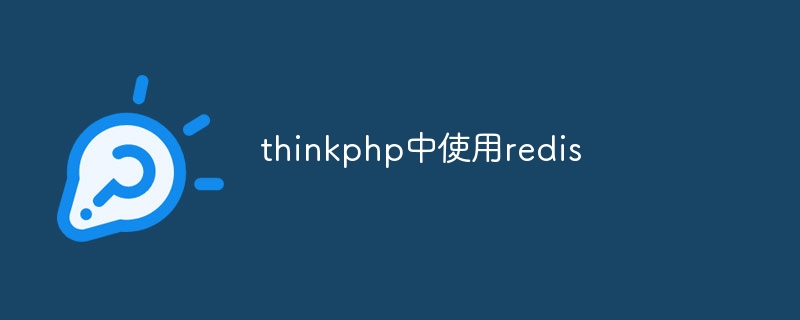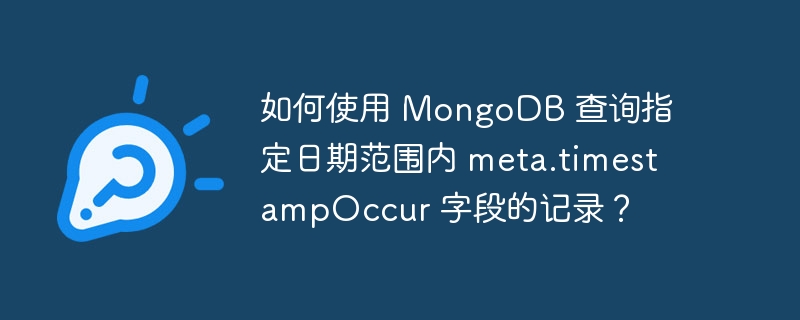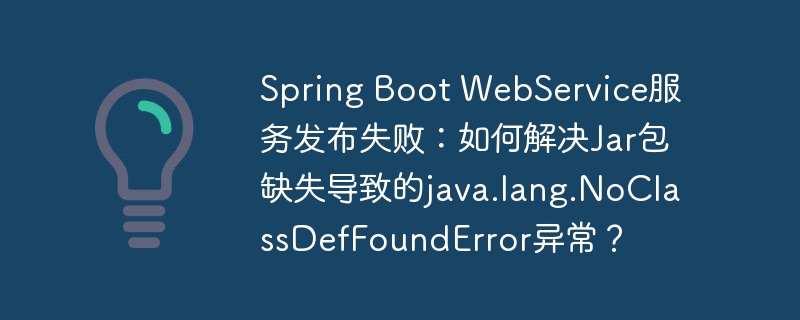
Protocol Buffer 枚举类型的字符串常量定义
在使用 Protocol Buffers (protobuf) 时,经常需要为枚举类型定义对应的字符串常量,以增强代码的可读性和可维护性。Protobuf 本身并不直接支持在定义枚举时同时定义字符串常量,但生成的代码会提供必要的映射关系。本文将探讨如何在不同编程语言中利用这些映射关系来实现此功能。
假设我们有一个 protobuf 文件,其中定义了一个名为 types 的枚举类型:
enum types { TYPE0 = 0; TYPE1 = 1; TYPE2 = 2; }
我们希望能够在代码中使用类似 types::TYPE0 并获取其对应的字符串描述,例如 “Type 0 description”。
c++ 实现
在 C++ 中,protobuf 生成的代码会提供 EnumName() 函数,用于将枚举值转换为其对应的字符串名称。例如,对于 types 枚举,types_Name(types::TYPE0) 将返回 “TYPE0″。 要获得自定义的字符串描述,需要自行维护一个映射表:
#include <map> #include "your_proto.pb.h" // 你的protobuf生成的代码文件 std::map<types, std::string> typeDescriptions = { {types::TYPE0, "Type 0 description"}, {types::TYPE1, "Type 1 description"}, {types::TYPE2, "Type 2 description"} }; // 使用示例 types myType = types::TYPE1; std::cout << typeDescriptions[myType] << std::endl; // 输出 "Type 1 description"
Go 实现
Go 中,protobuf 生成的代码会提供 Enum_name 映射表,用于将枚举值转换为字符串名称。 类似 C++,自定义描述需要自行维护:
package main import ( "fmt" "your_proto" // 你的protobuf生成的代码包 ) var typeDescriptions = map[your_proto.types]string{ your_proto.types_TYPE0: "Type 0 description", your_proto.types_TYPE1: "Type 1 description", your_proto.types_TYPE2: "Type 2 description", } func main() { myType := your_proto.types_TYPE1 fmt.Println(typeDescriptions[myType]) // 输出 "Type 1 description" }
其他语言
其他语言的实现方式类似,都需要利用 protobuf 生成的代码提供的枚举值到字符串名称的映射,并自行创建一个映射表来关联自定义的字符串描述。 具体实现细节请参考目标语言的 protobuf 文档。
总而言之,虽然 protobuf 本身不直接支持枚举类型的字符串常量定义,但通过生成的代码和自定义的映射表,我们可以方便地在代码中使用枚举值及其对应的字符串描述,提高代码的可读性和可维护性。
© 版权声明
文章版权归作者所有,未经允许请勿转载。
THE END



















